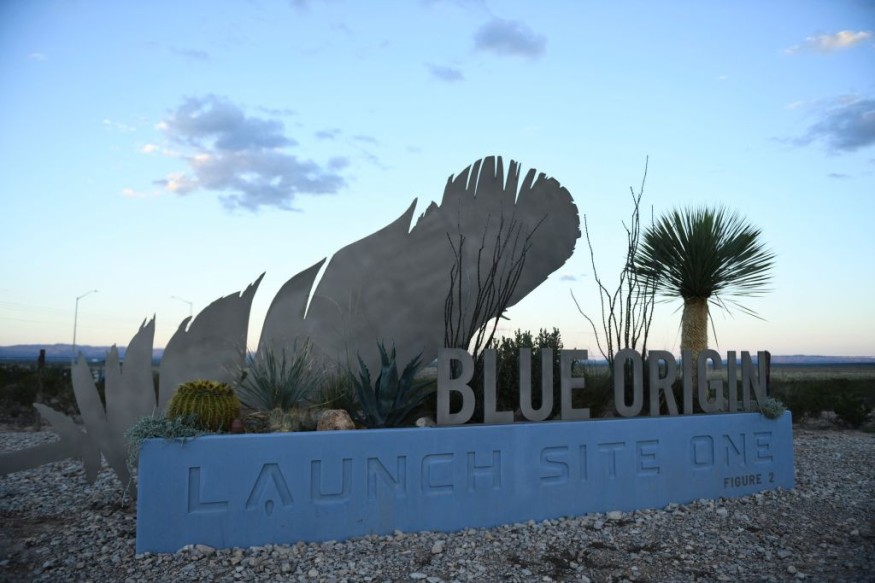Space enthusiasts and curious observers alike may learn from the failure of an uncrewed Blue Origin mission on Sept. 12 that space is still hard.
Reaching orbital heights is far more challenging than reaching the top of the suborbital sphere. However, no type of spaceflight is simple.
Space.com urged the public to wait for how Blue Origin determines what went wrong and how to solve it before speculating on how today's New Shepard anomaly will impact Blue Origin and space travel in general. The corporation must note that it launches uncrewed and tourist flights using various New Shepard vehicles.
Space Is Hard and Blue Origin Knows It
The statement "space is hard" will always be said in reaction to a spaceflight disaster. Typically, there is a sense of disappointment mixed with a reluctant realization that spaceflight is hard and that not all endeavors will be successful.
As Science Times previously reported, Blue Origin launched its New Shepard spacecraft on an uncrewed scientific mission to suborbital space from West Texas last Sept. 12.
About a minute into the flight, a problem with New Shepard's first-stage rocket caused the vehicle's capsule to activate its emergency escape mechanism. The rocket impacted the ground and was likely destroyed, but the capsule managed to avoid problems and land safely on parachutes.

ALSO READ : Blue Origin's New Shepard Rocket Experiences Propulsion Failure; Mid-Flight Mission Aborted
It was the first significant issue with New Shepard since the spacecraft's historic inaugural mission in April 2015 (per Blue Origin). The New Shepard booster collapsed on that first trip, but everything else went according to plan.
After that, the reusable New Shepard flew smoothly for 21 flights, six of which carried space tourists to and from the ultimate frontier in safety. Until now, it appeared that Blue Origin had mastered suborbital flight and that further flights would always go off without a hitch.
How to Make Space Easier
Given the spectacular sights that accompany them and the time and money spent, in-flight malfunctions are always costly and disappointing. However, we should always have the prospect of failure behind our thoughts.
The response from NASA and the space community, which acknowledged some of the crashes in history, was overwhelming support and understanding that "space is hard."
Space is hard, but worth the risks. If we succeeded every time, there would be no reward. It’s when we keep trying that we inspire others and achieve greatness. Thank you for inspiring us @TeamSpaceIL. We’re looking forward to future opportunities to explore the Moon together. pic.twitter.com/yZ35IJKOYC
— Thomas Zurbuchen (@Dr_ThomasZ) April 11, 2019
It is not a comprehensive list because rockets and spacecraft are skilled at developing novel exploding methods. Elizabeth A. Frank said on her webpage that every failure offers a chance to grow from missteps and pass on that knowledge through lessons learned.
Successful missions in contemporary spaceflight are possible because of the shortcomings of their forerunners, just as space scientists and engineers stand on the shoulders of giants.
RELATED ARTICLE : Blue Origin New Shepard Helps the First Woman to Complete the Explorer's Extreme Trifecta Go to Space
Check out more news and information on Blue Origin in Science Times.
© 2026 ScienceTimes.com All rights reserved. Do not reproduce without permission. The window to the world of Science Times.












